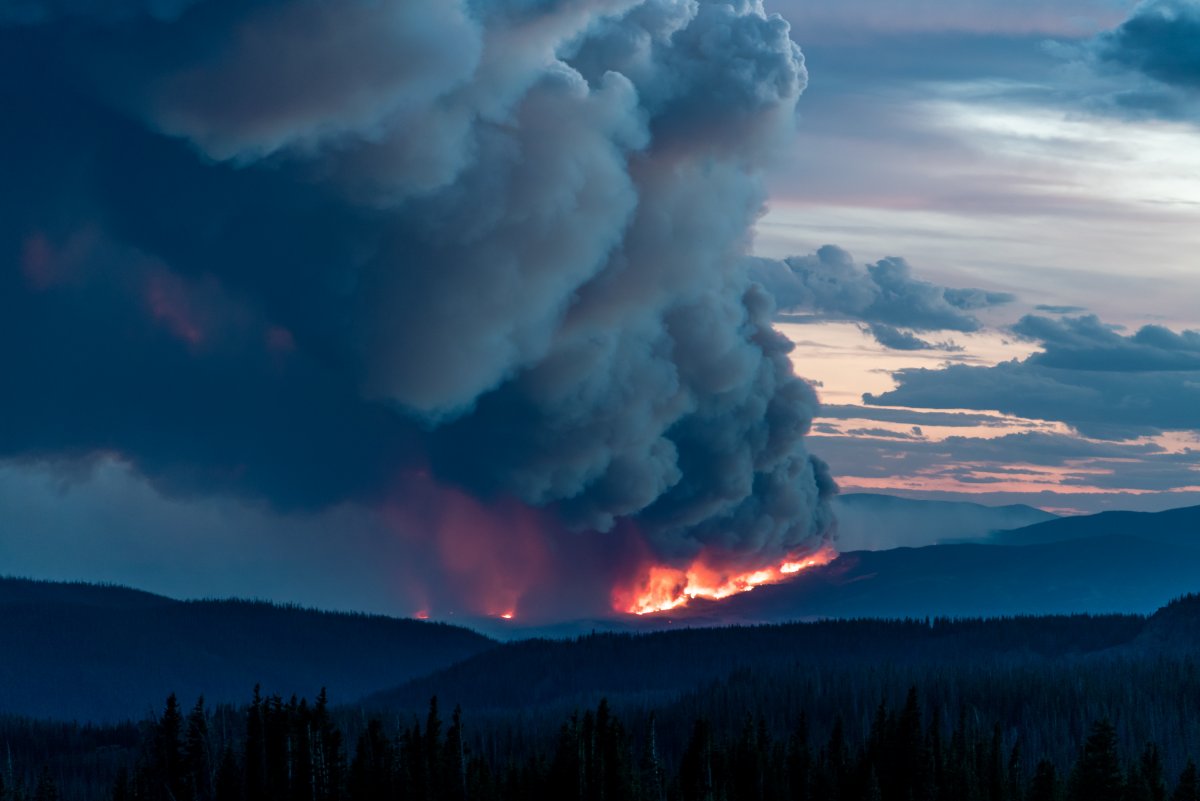January 7, 2021

John Nilsson All Rights Reserved.
An Interview with SFFD Captain Julie Mau
The Sierra Club has many initiatives related to clean energy and climate change. These initiatives are imperative because climate change is already impacting our environment and the very livelihood of our fellow residents in California. A current impact of climate change that many of us have witnessed has been the increase in California wildfires.
Since the 1970s, the wildfire season in California has been growing increasingly worse year over year due to extended drought seasons and dry forestry combined with increasingly hotter temperatures. CalFire reports that since the beginning of 2020, the wildfires have burned over 3.1 million acres in California. This year, the amount of acres burned is 26 times higher than the acres burned in 2019 for the same period.
People talk about climate change like it is a future event that we are trying to influence, but the impact is very real and being felt now. I wanted to learn more about the front lines of climate change, so I spoke with my friend and Sierra Club Member and San Francisco Fire Department Captain Julie Mau. She has seen first hand the impact on the environment from wildfire events. The intensity of the fire season is impacting both our California firefighters and many residents in a very direct way. However, Julie also wants more individuals to understand that our fight for the environment is not solely about us, but it is about generations to come.
Julie has worked for the San Francisco Fire Department since 2002 and is now a captain in the department. The SFFD has been responding to wildfires all around California wherever the immediate need has been obligatory. At the time of our interview, Julie recently returned from three fires just north of San Francisco. She covered the Walbridge fire near Healdsburg and the Russian River in late August, staying deployed ever since.
This year, the fire season has been especially severe. Residents of the state are now living in an entirely new climate where heat waves and wildfires will continue to become more common. That same day, SFFD had sent out immediate help to Napa. Single resources and immediate needs are what the fire department perpetuates to respond to around the clock.
Wildfire crews serve all of California, and where needed in Western States. Julie mentions it is dependent on where the need is, and we have to be ready to deploy and stay as long as needed to contain the fire. When a strike team was sent out to the River Fire down south, everything was exploding with lightning strikes, and the team was working for three days straight. While recounting the Santa Rosa fires, Julie recalls that everyone responding to those worked for four days straight before receiving a break. Between preventing the spread of the fire, stopping the fire from destroying towns, and ongoing evacuations, they could not take a break. There was so much going on in such a compressed amount of time. Climate change is spreading our resources thin and requiring California to rethink its current approach to wildfires.
COVID19 has simply made a dire situation worse, the fire department now faces additional adaptations of safety measures needed to keep crews healthy. This has created challenges because traditionally crews work in close quarters with each other. COVID protocols have been added along with safety protocols concerning wildfire smoke, ash, and everything in between.
What we are seeing is extreme fire behavior because of ongoing environmental changes such as weather patterns, and Julie worries more than just about her peers when she says, “It is not just a concern for firefighters but for everybody living in California. Residents are losing their houses and having to evacuate unexpectedly. Those are issues that concern everyone in the state.”
We need the help of fellow Sierra Club members to help instill new mindsets in California regarding the immediate impacts of current climate changes and the nature of wildfires. For example, we can learn from the changing mindsets of the residents in Santa Rosa. Usually, in CA, we are taught to be prepared for earthquakes, but really now, it is the wildfires. With a wildfire, you need to be able to evacuate in minutes. One should have to have a “go-bag”, readily organized with everything needed to leave quickly in one place, remained tuned in regarding news advisories and people need a mindset to be ready to “just leave” when evacuations are called for. It is a different time that we are living in that people are really affected by these conditions.
Julie’s words of advice for Californians living near open spaces, “I would urge everyone in California to be ready and be tuned in and have a go-bag ready. Stay alert."
- Sign this Sierra Club petition on AddUp
- Volunteer to help our Climate Action Team
- Volunteer to help our Clean Break Team
- Volunteer to help our Sustainable Transportation Team
SAVE THE DATE: January 27th: Living With Wildfire- The Sierra Club Forest Committee is presenting its second in a series of three programs on wildfire on Zoom at 7:30 p.m. on Wednesday, January 27, 2021
